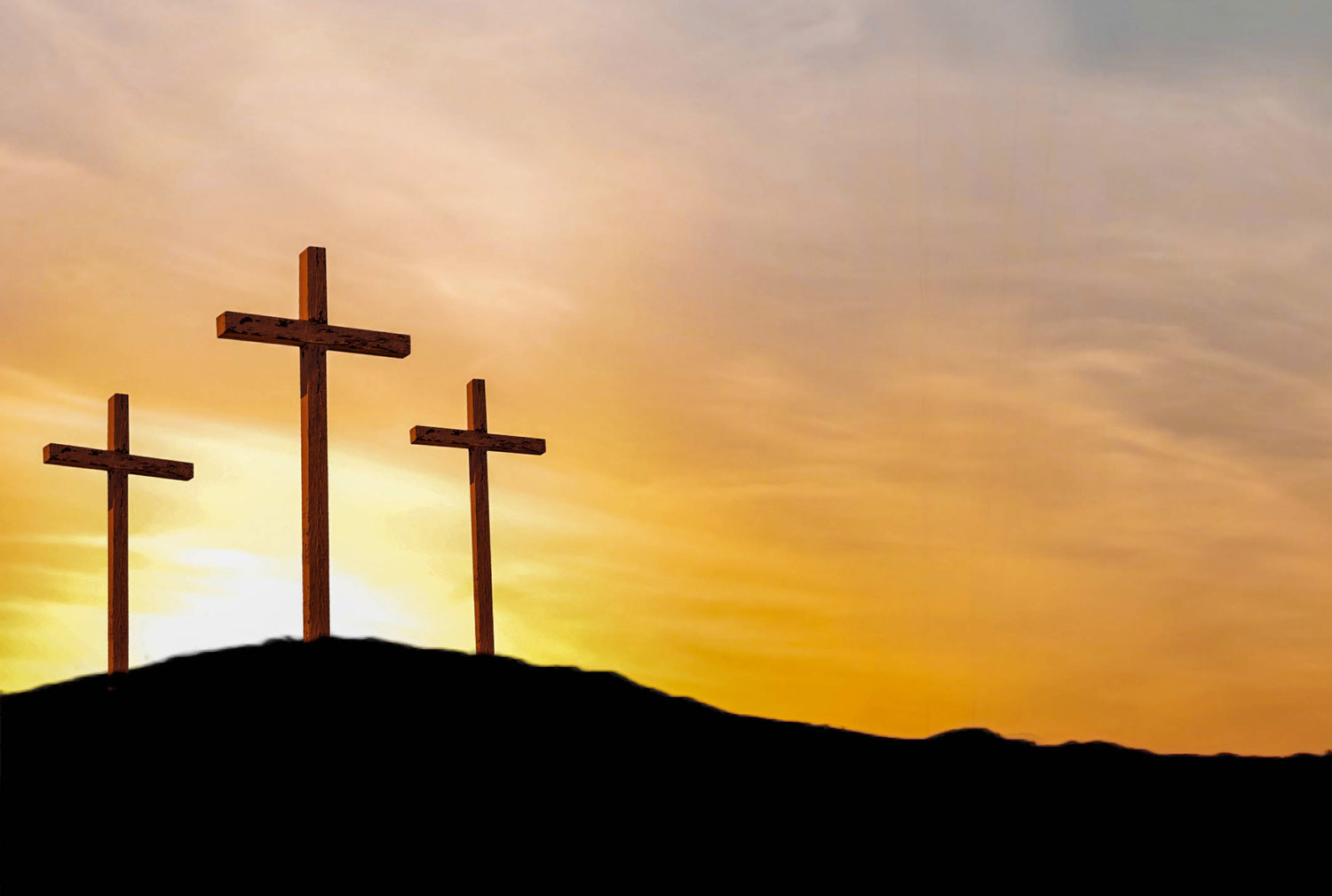
Holy Week is a significant time for Christians worldwide. It commemorates the final week of Jesus Christ's life, leading up to his crucifixion and resurrection. But what makes this week so special? Holy Week includes key events like Palm Sunday, Maundy Thursday, Good Friday, and Easter Sunday. Each day holds unique traditions and rituals that vary across cultures and denominations. From processions to reenactments, the week is rich in history and symbolism. Whether you're a devout believer or just curious, understanding these traditions can offer a deeper appreciation of this sacred time. Ready to learn more? Let's dive into 40 fascinating facts about Holy Week.
The Significance of Holy Week
Holy Week is a time of deep reflection and celebration for Christians around the world. It commemorates the final week of Jesus Christ's life, leading up to his crucifixion and resurrection. Here are some fascinating facts about this sacred period.
- Holy Week begins on Palm Sunday, which marks Jesus' triumphant entry into Jerusalem.
- The week ends on Easter Sunday, celebrating Jesus' resurrection from the dead.
- Holy Week is the last week of Lent, a 40-day period of fasting and penance.
- The term "Holy Week" was first used in the 4th century.
- In many countries, Holy Week is a public holiday, allowing people to participate in religious observances.
Palm Sunday Traditions
Palm Sunday kicks off Holy Week with various customs and rituals. Let's explore some of the unique traditions associated with this day.
- Palm branches are often used in church services to symbolize the palms laid before Jesus.
- In some cultures, people weave palm fronds into crosses or other shapes.
- Processions are common, with participants carrying palms and singing hymns.
- In Spain, elaborate parades feature floats depicting scenes from the Passion of Christ.
- In the Philippines, some devotees reenact Jesus' entry into Jerusalem by riding donkeys.
Holy Monday and Holy Tuesday
These days are less well-known but still hold significant meaning in the Holy Week calendar. They focus on Jesus' teachings and actions leading up to his arrest.
- Holy Monday commemorates Jesus cursing the fig tree and cleansing the temple.
- On Holy Tuesday, Jesus predicts his own death and speaks about the end times.
- In some traditions, Holy Monday is a day for confession and penance.
- Holy Tuesday is sometimes called "Fig Tuesday" in reference to the cursed fig tree.
- In Eastern Orthodox churches, these days are marked by special liturgies and readings.
Spy Wednesday
Spy Wednesday is named for Judas Iscariot's betrayal of Jesus. This day sets the stage for the events of the Triduum.
- The name "Spy Wednesday" comes from Judas' act of spying on Jesus to betray him.
- In some cultures, people burn effigies of Judas as a form of protest against betrayal.
- In Malta, a traditional procession features a statue of Jesus carrying the cross.
- In the Czech Republic, children create noise with rattles to symbolize Judas' betrayal.
- Some churches hold Tenebrae services, which involve the gradual extinguishing of candles.
Maundy Thursday
Maundy Thursday commemorates the Last Supper and Jesus' washing of the disciples' feet. It is a day of profound significance.
- The word "Maundy" comes from the Latin "mandatum," meaning commandment.
- Jesus' commandment to "love one another" is a central theme of Maundy Thursday.
- The washing of feet symbolizes humility and service.
- In some traditions, priests wash the feet of parishioners during the service.
- The Last Supper is also the institution of the Eucharist, a key Christian sacrament.
Good Friday
Good Friday is a somber day marking Jesus' crucifixion and death. It is a time for mourning and reflection.
- Good Friday is a day of fasting and abstinence for many Christians.
- The term "Good" refers to the holy and sacred nature of the day.
- In Jerusalem, pilgrims walk the Via Dolorosa, the path Jesus took to his crucifixion.
- Many churches hold a three-hour service to reflect on the "Seven Last Words" of Jesus.
- In some countries, people participate in reenactments of the Passion of Christ.
Holy Saturday
Holy Saturday is a day of quiet anticipation, as Christians await the resurrection of Jesus. It is a time for prayer and reflection.
- Holy Saturday is also known as the Great Sabbath.
- In the Catholic Church, the Easter Vigil is held after sunset on Holy Saturday.
- The Easter Vigil includes the lighting of the Paschal candle, symbolizing the light of Christ.
- In some traditions, people keep a vigil at the tomb of Jesus.
- Holy Saturday is a day of preparation for the celebration of Easter.
Easter Sunday
Easter Sunday is the culmination of Holy Week, celebrating Jesus' resurrection and victory over death. It is a day of joy and festivity.
- Easter Sunday is the most important day in the Christian calendar.
- The date of Easter varies each year, based on the lunar calendar.
- Many churches hold sunrise services to symbolize the resurrection.
- Easter eggs, a symbol of new life, are a common tradition.
- In many cultures, Easter is celebrated with feasts, parades, and other festivities.
Holy Week's Rich Tapestry
Holy Week, with its deep traditions and vibrant customs, offers a fascinating glimpse into the heart of Christian faith. From Palm Sunday's joyous processions to the solemn reflections of Good Friday, each day carries unique significance. The rituals, whether it's the washing of feet or the dramatic reenactments of the Passion, connect believers to centuries-old practices.
Understanding these traditions enriches our appreciation of this sacred time. Whether you're participating in the ceremonies or simply observing, the stories and symbols of Holy Week resonate with themes of sacrifice, redemption, and hope.
By exploring these 40 facts, you've taken a step closer to grasping the profound meaning behind the celebrations. Holy Week isn't just a series of events; it's a journey through faith, history, and community. Dive deeper, and you'll find even more layers to this extraordinary week.
Was this page helpful?
Our commitment to delivering trustworthy and engaging content is at the heart of what we do. Each fact on our site is contributed by real users like you, bringing a wealth of diverse insights and information. To ensure the highest standards of accuracy and reliability, our dedicated editors meticulously review each submission. This process guarantees that the facts we share are not only fascinating but also credible. Trust in our commitment to quality and authenticity as you explore and learn with us.


